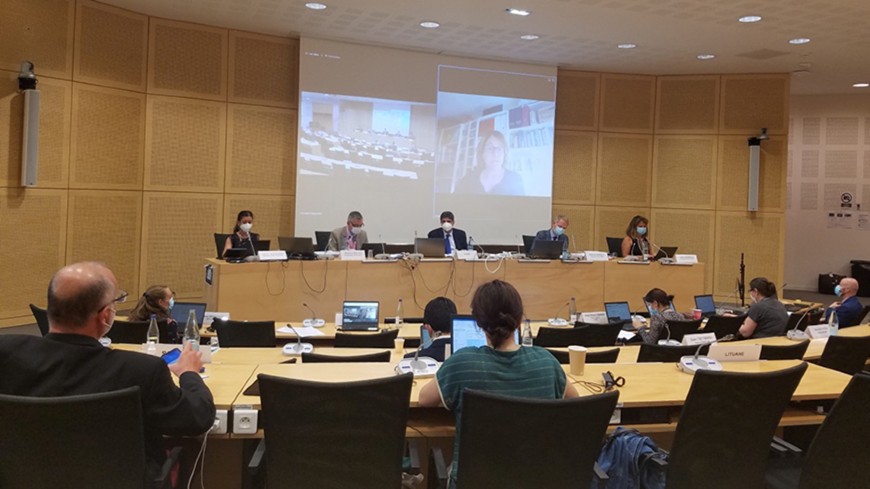On 20 June 2021, the Council of Europe Committee on Anti-Discrimination, Diversity, and Inclusion (CDADI), adopted a Model Framework for an intercultural integration strategy during its third plenary meeting which aims to serve as a basis for national intercultural integration strategies based on human rights standards.
The Model Framework is based on the successful experience of the nearly 150 intercultural cities in Europe and across the world, and on leading practice in some Council of Europe member states, in fostering inclusion, community cohesion and diversity advantage. The Framework is aimed for practitioners and policymakers working in the field of diversity and inclusion.
The document outlines the requirements which stem from the standards and values which Council of Europe member states abide by and which should underpin intercultural integration strategies. It also provides a menu of policy measures which can help meet these requirements.
The adoption of this document, in time for the International Refugees Day (20 June) is of symbolic importance to underline the need for all states and cities across Europe to adopt the intercultural approach to the inclusion of migrants and refugees.



